Sarah Wolfe on Mentoring and Advising:
In the first months of my PhD program, my advisor said this: “funding begets funding.” He was absolutely correct, but what I didn’t realize then was that I’d love writing and winning research grants. This isn’t because the wins validate me as a worthy human or legitimate scholar; rather these grants allow me to pay forward the opportunities made available to me as a financially insecure, first generation student. With secure SSHRC funding, I recruit talented students from all backgrounds and help ensure they are (slightly more) financially secure during their graduate degrees. Together, we form a research team doing great work but also an equitable, supportive and fun community.
If you are interested in joining our team, and potentially work with me as your advisor, we should chat before you apply to either the University of Waterloo’s or Royal Roads University’s graduate programs. I follow ethical advisory practices and have a clear mentorship ‘philosophy’. If you are interested in working with me for your graduate degree, I strongly encourage you to speak to any of my current or former students.

Things that need to be normalized in the academic process and careers: rejection; failure; uncertainty; not knowing; shitty first drafts (SFD).

Things that need to be demystified: how messy, time-consuming, frustrating etc research process can be; how much politics can part of the process, e.g., within a committee and/or publishing; how absolutely glorious and fun research can be.

Things that need to be challenged outright: isolation; zero-sum thinking; 110% commitment at the expense of health and well-being; cohort competition.
